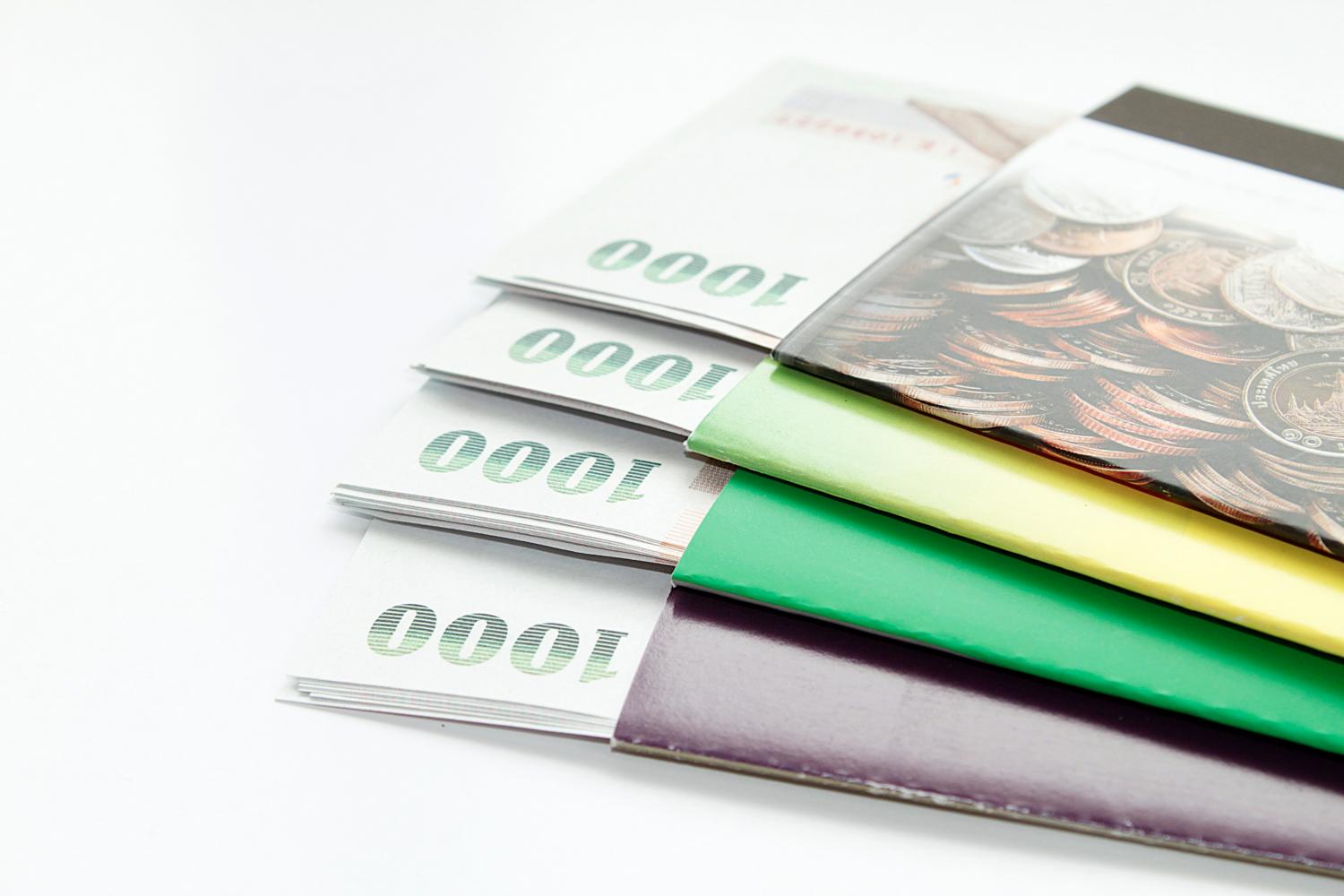
The Bank of Thailand is likely to continue to raise interest rates this year to curb rising inflationary pressures, though such increases could hurt the stock market and the economy, say analysts.
The central bank's Monetary Policy Committee (MPC) raised the interest rate on Wednesday by 0.25% -- the third increase this year -- to 2.0% as it perceives the Thai economy has attained healthy economic growth year-on-year and could even exceed its growth forecast, said KGI Securities.
"The MPC raised its rate, although the global economy is showing signs of a slowdown, while Thai export value fell moderately in April and the manufacturing production index (MPI) fell steeply. Inflation slowed significantly in April," Pragrom Pathomboorn, KGI's senior economist, said in a research paper.
While headline inflation has slowed, core inflation remains elevated. Inflationary risks stem from greater demand pressures amid expanding economic activity and higher cost pass-through from supply pressures, he said.
Inflationary pressures from demand and supply continue to increase, Mr Pragrom noted, adding that increases in non-performing loans (NPLs) could be managed through targeted measures and sustainable debt resolution for vulnerable groups.
The brokerage suggested the MPC may raise its policy rate by 0.25 percentage points to 2.25% at the Aug 2 meeting.
"The committee should not raise its policy rate, but we think it will do so," he said.
Mr Pragrom said a continued easing of inflation and low GDP growth of 2.7% year-on-year in the first quarter with partial expansion in some areas means raising the policy rate could hamper economic growth and stability rather than accommodate it.
The MPC should end its rate hike cycle, leaving its policy rate unchanged at 2.00% rather than sticking with its "normalisation" stance, as external demand is slowing given the deep decline in the MPI and moderate fall in the value of exports, said KGI. In addition, other central banks in the region have started to pause rate hikes.
Asia Plus Securities (ASPS) shares the same view as KGI, citing a similar move by the US Federal Reserve. US inflation and interest rates are expected to remain high for longer, the ASPS research team noted in a report.
"Investors are still concerned about a Fed interest rate hike. Fed Watch Tool sees a 72% probability the Fed will hike the rate to 5.50% in June, with no hike expected in May," said ASPS.
In Thailand, the MPC said interest rate movements depend on economic data from inside and outside Thailand, rather than central banks around the world, and the Bank of Thailand is still open to further rate hikes.
"Interest rate hikes are not ending," ASPS said.
"Higher rates may lower the market earning yield gap, weaken fund inflows, and hurt the Stock Exchange of Thailand index."
The financial situation has to be monitored as Thailand had a current account deficit in April amid a weakening baht, according to the brokerage.







